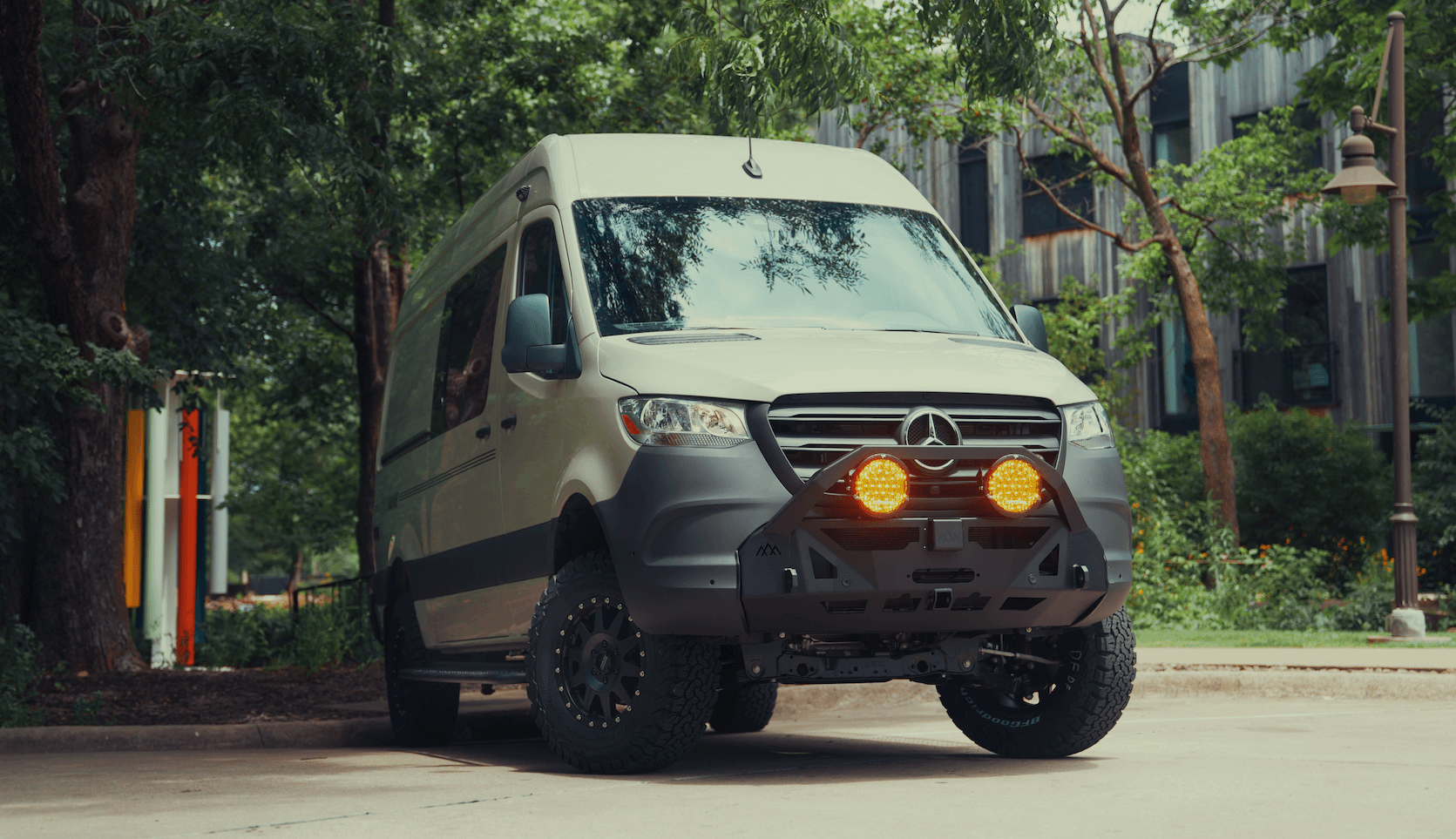Recreational Vans

A camper camper van and other vans you can live in blend transportation with small space housing. The core idea is simple. Combine safe sleeping, cooking, water, power, and climate solutions inside a compact platform that can handle daily driving and long trips. Many travelers start with a cargo van and evolve it into a modified rv, while others buy factory built models and fine tune them.
A livable van is more than a mattress and cooler. It needs a balanced system that keeps people comfortable, gear secure, and weight distributed within the vehicle’s rated limits. Electrical design must support lighting, refrigeration, and device charging. Thermal control matters too, as insulation, ventilation, and window treatments shape sleep quality and energy use.
A van becomes a home when the fundamentals are solved with intention. Think of it as a small apartment that moves.
The electrical heart of a camper modified setup usually includes a lithium battery bank, a smart battery monitor, and a DC distribution panel. Solar on the roof can offset daily loads, while a DC to DC charger tops batteries while driving. Inverters supply AC for outlets and induction cooking. Correct wire sizing, overcurrent protection, and ventilation around charge equipment prevent heat buildup and component failure. Plan for start up surges from appliances and use soft start devices when needed.
Insulation is only useful when paired with air sealing and moisture management. Closed cell foam, wool, or board insulation are common choices, each with tradeoffs in R value, weight, and installation. Roof vents pull humid air out after cooking or showering. In cold environments, a diesel or gas fired heater sips fuel from the main tank and keeps the cabin steady overnight. In hot climates, shade strategy, reflective window covers, and a high efficiency air conditioner connected to ample battery capacity can make the difference between comfort and misery.
Good layouts keep heavy items low and forward for handling, and place daily use items within easy reach. A pass through garage under a raised bed carries bikes and bulky gear. Swivel cab seats add lounge seating without expanding the footprint. Modular furniture can adapt to new hobbies or life stages. Soft close hardware and locking latches prevent road rattle and unplanned open drawers.
The phrase modified rv covers two paths. One approach starts with a bare van and builds every system to suit the owner. The other begins with a factory RV or adventure van and upgrades components like suspension, tires, lighting, recovery gear, or interior storage. Either route can yield vans you can live in if the changes are thoughtful and safe.
Selecting a base vehicle matters. Popular choices include high roof cargo vans with modern safety tech and stable driving dynamics. Typical options are a tall European style van with diesel efficiency, a domestic van known for serviceability, or a front drive platform with a square interior that makes cabinetry straightforward. Consider roof height, wheelbase, fuel type, and service networks in places you plan to roam.
Weight is the quiet gatekeeper of every build. Staying within gross vehicle weight rating protects braking distance and suspension components. Weigh the rig when water tanks are full and gear is loaded, then adjust storage or materials accordingly. Performance upgrades like tuned shocks and appropriate tire load ratings improve control and reduce fatigue on long days.
Wet bath versus no bath remains a hot debate. A full shower and cassette toilet offer convenience but eat space and water. Many long range travelers prefer a compact toilet and an outdoor shower fed by an electric pump and heat exchanger. The right answer depends on climate, privacy needs, and camp style.
Connectivity and navigation deserve attention. Roof mounted antennas improve cellular speed for remote work. Starlink hardware can support streaming or heavy uploads in rural areas when parked. Integrate tech cleanly so cables and routers are protected yet accessible.
Soundproofing and squeak control add a surprising level of calm. Mass loaded vinyl and decoupled panels reduce road noise. Thoughtful trim and rubber isolators tame cabinet chatter. The result is a rolling studio apartment instead of a tin echo chamber.
Turning a concept into a dependable modified rv takes experience, tools, and testing. Professional builders translate use cases into proven layouts and polished electrics that pass a real world shakedown. If you want a camper modified van tuned for mountain biking weekends, desert boondocking, or full time travel, a seasoned shop can integrate suspension, power, water, and cabinetry so the systems work together.
OZK Customs designs and builds vans you can live in from our shop in Fayetteville Arkansas. Our team delivers complete custom builds and partial upfits tailored to how you travel. We craft quiet interiors, dialed power systems, and clean plumbing that survive washboard roads and winter mornings. Pick up your finished rig at our lounge, learn every switch and system, and roll out ready for your first night under the stars.
OZK Customs services
Share your travel style, passenger count, and must have features. We will translate your wish list into a road tested plan and a finished camper you can depend on. Submit your build details today and let us build the van you will love to live in.
Ready to turn your vision into a road ready home on wheels? Tell us how you travel, and OZK Customs will design and build a refined, reliable van for daily living or long range trips. Start your custom build consult now.
ADDRESS:
6159 E Huntsville Rd, Fayetteville, AR 72701
PHONE:
(479) 326-9200
EMAIL:
info@ozkvans.com